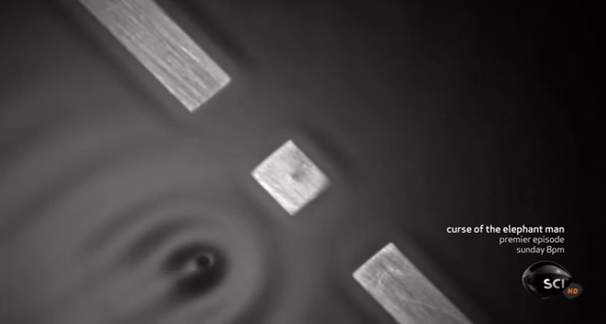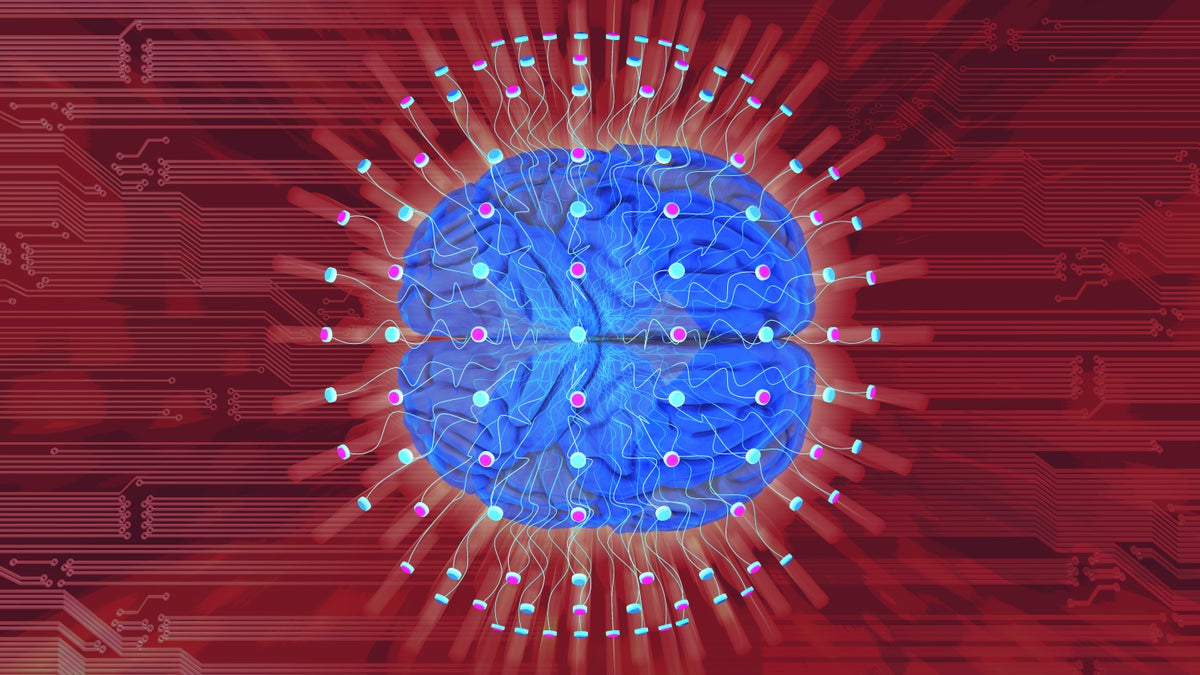I'm citing an actual, carefully constructed review and you are ignoring it. But here's a science lesson for you in the middle of a paper recently published. But before I get to that, click on this
Follow‐up on the U.S. Central Intelligence Agency's (CIA) remote viewing experiments☆ to see an example of what is in this follow-up paper
(now to the science lesson )
4.2. Are the anomalous phenomena scientifically established?
Starting in 1995 and after declassification, the American Congress, through the organizations that had developed the experiments on RV, commissioned Professors Hyman (
1996) from the University of Oregon and Utts (
1995,
1996,
2018) from the University of California to prepare a review report on the results obtained in the research programs that the CIA originally funded and conducted. Reviews should answer the question of whether “psi” phenomena are scientifically established. However, the expression “being scientifically established” (the original expression used in the reviews by Utts and Hyman) can have at least two meanings that would not be mutually exclusive but do have logically conflicting features.
On the one hand, the expression could be interpreted exclusively from a statistical or probabilistic judgment. In fact, the approach and statistical judgment used by SRI and SAIC consisted of the application of hypothesis testing based on statistical scrutiny. Specifically, these tests analyzed the statistical significance of the discrepancies between the observed measurements (obtained in the trials and experiments) and the estimated mathematical expectation (see the
Mathematics Handbook published by Escolà‐Gascón,
2022c for a major revision). Consequently, this kind of statistical judgment would entail interpreting the occurrence of a given phenomenon as a set of significant deviations that may be above or below the estimated mathematical expectation. This probability inference would make it possible to ensure that the measurements of the deviations are not explained by the set of random (or chance) fluctuations.
However, this interpretation does not allow empirical assurance of when the supposed measured phenomenon is occurring (Escolà‐Gascón,
2022a,
2022b). Therefore, within the statistical‐probabilistic approach, concluding that a phenomenon is “scientifically established” should mean that only sufficient significant deviations were obtained (quantified by effect size tests), which were consistent and stable in relation to their measurements. If we focus on this approach, the conclusion that a phenomenon happens consistently and is statistically stable should not imply acknowledging or admitting that such a phenomenon is empirically real. However, the fact that the deviations are significant and are not explained by random fluctuations does represent statistical evidence supporting the hypothesis associated with RV.
On the other hand, in science, from a strictly factual approach, when an object of study is “scientifically established,” it means that sufficient evidence has been obtained to justify the real and functional existence of that object of study. Given the justification based on the burden of proof (or proofs), the object is formally accepted and established within the corpus of scientific knowledge. Unlike the probabilistic and statistical approach, empirical scrutiny would allow us to specify when a given phenomenon does or does not occur (if the scrutiny complies with experimental conditions and controls). These two interpretations based on different paradigms or approaches are crucial to an accurate understanding of the conclusions of the theoretical evaluations presented by the two professors cited above. The question that arises from these two interpretations is: can we consider that Jessica Utts' judgment was centered on the first interpretation and Ray Hyman's on the second? If so, both professors would be correct in their conclusions because they used different perspectives on scientific inference.
From a thorough review of declassified SRI and SAIC reports and publications, Utts (
1995,
2018). concluded that anomalous phenomena (or psi‐functioning) were scientifically established. She also argued that the scientific challenge would not be in rereplicating the SRI and SAIC experiments, but in conducting research that would address the underlying mechanisms involved in producing the anomalous phenomena. An important note here is that Utts acknowledged the methodological limitations with the SRI experiments and explained how these were remedied in experiments subsequently conducted at SAIC. Utts’ statistical and methodological explanation suggests that her conclusion refers to the statistical (versus empirical) approach. In the same vein, Utts did not mention the word “empirical” and does not use expressions referring to possible evidence beyond the statistical judgment itself. Therefore, her conclusions based on effect sizes of deviations should not be incorrect if taken within the framework of statistical scrutiny.
In contrast, Hyman (
1996) concluded that there was insufficient evidence to accept RV as a scientifically established phenomenon. He criticized that, for a phenomenon to occur, it is not necessary to resort to estimated mathematical hope (i.e., chance). His argument referenced the phenomenon relative to the psychophysical study of memory. This suggests that Hyman interpreted Utts' conclusions from an empirical and not a statistical approach, which could explain why there were so many discrepancies between the two authors' assessments. Furthermore, we must also bear in mind that not all phenomena are empirically observable and, consequently, only mathematical representation and statistical judgment would be scientifically available in decision‐making (Escolà‐Gascón,
2022c). Many phenomena have no direct observation in the physical sciences (e.g., the state of temperature and variations over time). In this sense, the fact that a phenomenon is not empirically observable and recordable does not make it a “pseudoscientific concept” (i.e., that it does not have sufficient epistemic foundations, see e.g., Fasce et al.,
2021).
There is another essential nuance in that both professors agreed on several points and interpretations. Here, we will highlight the main agreement, as it is one of the reasons supporting a replication such as the present study. Hyman and Utts concurred that the significant effect sizes of the multiple SAIC experiments were statistically consistent or very similar to each other. Likewise, Hyman added that these nonrandomly attributable coincidences were not conclusive in themselves and that, only with further research replications could obtain more information on whether these sizes remain stable. This means that new replications should be carried out with the maximum conditions of experimental control and rigor. Ultimately, both evaluation reports provided helpful appraisals of the scientific value of the CIA and DIA's RV experiments. However, our narrative analysis suggests that both Utts and Hyman were correct from empirical versus statistical points of view and that their contributions, thus, have different impacts and implications.
...
Finally, our previous publications have echoed Hyman's (
1986) skepticism about the ontological reality of psi (e.g., Dagnall et al.,
2016; Drinkwater et al.,
2021; Escolà‐Gascón,
2020a,
2020b; Houran et al.,
2017,
2018; Irwin et al.,
2012a,
2012b; Lange et al.,
2019). But we also defend the principles of neutrality, intellectual humility, and falsification in scientific research.
Thus, the present results compel the authors to voice an updated position statement, that is, our skeptically oriented team obtained ample evidence supporting the existence of robust statistical anomalies that currently lack an adequate scientific explanation and therefore are consistent with the hypothesis of psi.



